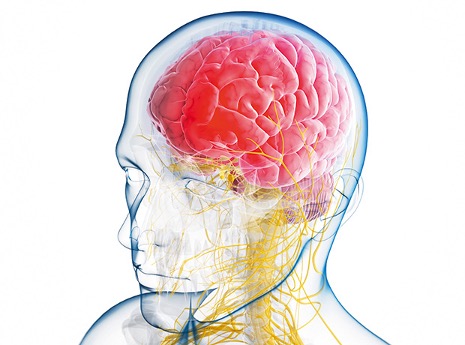Study reveals motor neuron region is affected in ALS
December 9, 2023
Source: drugdu
 306
306

The neurological condition currently affects one in 300 people in the UK
King’s College London (KCL) researchers have revealed a mechanism behind dysregulated neuronal activity, a key pathology of amyotrophic lateral sclerosis (ALS).
The new study, published in Cell Reports, identifies the axon initial segment (AIS) as the region that drives abnormal regulation of neuronal activity in ALS.
Affecting one in 300 people in the UK, ALS, or motor neurone disease, is a neurological disorder that progressively destroys neurons in the brain and spinal cord.
Researchers found that the molecular, structural and functional changes in the AIS, the region where electrical signals in neurons initiate, cause abnormal neuronal excitability.
In the study, researchers examined two of the most common genetic causes of AIS mutations in the genes, TDP-43 and C9ORF72.
In ALS, the electrical signalling in motor neurons initially increases during the early stages of the condition and progressively becomes impaired as the cells deteriorate and stop responding properly to stimuli.
After generating motor neurons from patient-derived stem cell lines, researchers observed that the length of the AIS region increased in the early stages of the condition, reducing plasticity and the ability to regulate its response to ongoing stimuli, resulting in hyperexcitable motor neurons.
This process leads to an increase in spontaneous muscle contractions, which resemble the involuntary muscle twitches that are commonly seen in patients living with ALS.
Additionally, researchers found that late-stage ALS motor neurons showed AIS shortening, leading to hyperexcitability.
Researchers explained that differences in AIS length in disease progression should be further investigated and may represent an important switch in the progression of the disease, with severe functional consequences.
Furthermore, the study suggests that changes in neuronal activity are caused by alterations in the morphology of the AIS, potentially due to variations in the expression of the AIS scaffolding protein and the AIS-specific sodium channels.
Dr Ivo Lieberam, senior lecturer at KCL and author of the study, said that the findings “[provide] a better understanding of the complex mechanism of this disease and a new therapeutic target to improve neuronal function”.
https://www.pharmatimes.com/news/study_reveals_motor_neuron_region_is_affected_in_als_1504626
Read more on
- The first subject has been dosed in the Phase I clinical trial of Yuandong Bio’s EP-0210 monoclonal antibody injection. February 10, 2026
- Clinical trial of recombinant herpes zoster ZFA01 adjuvant vaccine (CHO cells) approved February 10, 2026
- Heyu Pharmaceuticals’ FGFR4 inhibitor ipagoglottinib has received Fast Track designation from the FDA for the treatment of advanced HCC patients with FGF19 overexpression who have been treated with ICIs and mTKIs. February 10, 2026
- Sanofi’s “Rilzabrutinib” has been recognized as a Breakthrough Therapy in the United States and an Orphan Drug in Japan, and has applied for marketing approval in China. February 10, 2026
- Domestically developed blockbuster ADC approved for new indication February 10, 2026
your submission has already been received.
OK
Subscribe
Please enter a valid Email address!
Submit
The most relevant industry news & insight will be sent to you every two weeks.



